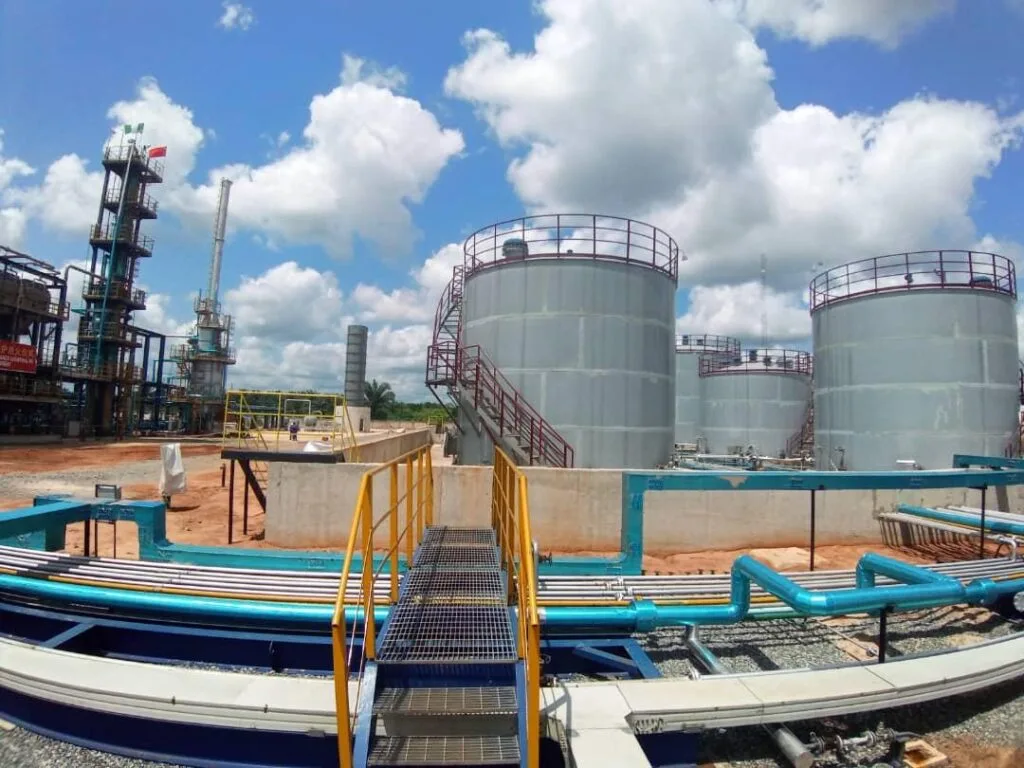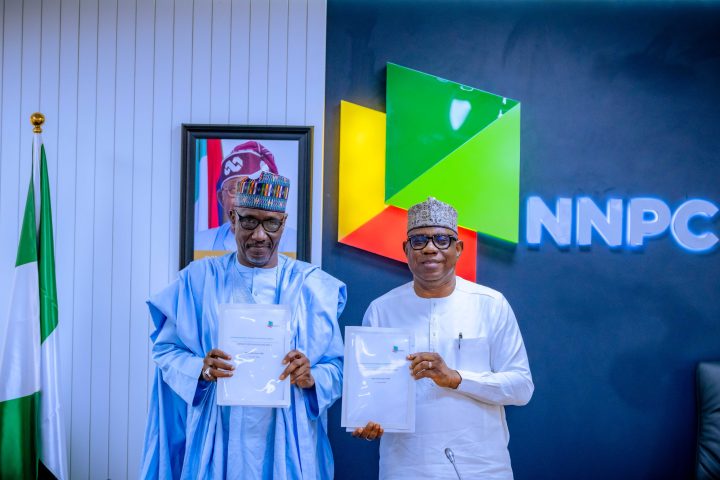A Bold Move Amid Gas Challenges
The Nigerian government’s recent announcement to revive the long-abandoned Brass LNG project has sparked fresh debates and raised several questions. Set aside in 2006, the Brass LNG project was originally projected to produce 10 million tonnes of liquefied natural gas (LNG) annually, from a daily feedstock of 1.6 billion standard cubic feet of gas. However, the real shock is not in its revival but in the timing, considering Nigeria’s current gas production struggles.
“The government is announcing a massive gas project when it can’t even meet the daily requirements of existing ones,” says energy analyst Ibrahim Musa. “It’s as though they lack any sense of self-awareness.”
Join our WhatsApp ChannelThe Current State of Gas Production
Nigeria’s gas sector has been under severe strain. The Nigeria Liquefied Natural Gas (NLNG) project, which is one of the country’s biggest, requires 3.5 billion standard cubic feet of gas daily. However, the government has struggled to meet that target. With capacity utilization standing at only 65 percent, and projections indicating a drop to 44 percent when Train 7 comes online in 2025, questions about the feasibility of scaling up gas production are increasingly pressing.
“When you look at the numbers, it’s hard not to be concerned. Capacity is already limited, and the government wants to take on even more,” Musa added.
A Global LNG Race
In a move that seemed designed to showcase Nigeria’s ambition on the world stage, the government announced the Brass LNG project at the International GasTech Conference in Houston, Texas. The timing was symbolic. Europe has been scrambling for gas since the Russia-Ukraine conflict caused disruptions to the Yamal and Nord Stream II pipelines, cutting off Russian supplies. Meanwhile, the United States and Qatar are racing to capture the global LNG market.
Yet, for many observers, Nigeria’s attempt to get back into the global gas race seems more like wishful thinking. “Announcing a revival without addressing local production challenges is amusing, to say the least,” said business consultant Michael Adewale.
Nigeria’s foray into the international LNG market could potentially bring massive revenue if executed well. However, the country’s failure to establish a clear fiscal framework for deepwater fields, where many of these gas reserves are found, has kept institutional investors at bay.
“Without a clear fiscal policy, international oil companies (IOCs) are not going to jump into this market,” Adewale explained. “This is especially true for American IOCs like Chevron and ExxonMobil, who are looking for opportunities outside the NLNG framework.”
READ ALSO: Gas Supply Constraint Forces Geometric Power To Import 25MW To Serve Customers
The Brass LNG Shareholding Structure: Who Will Join?
The question of who will partner with Nigeria in the Brass LNG project remains open. ConocoPhillips, a key player in the initial agreement, has exited Nigeria. ENI, which also had a stake in the project, has handed over its onshore business to new owners. There are now discussions about bringing ExxonMobil and Chevron into the fold to share the risk and cost of investment.
“If the government wants to attract major players like Chevron, they will need to offer significant incentives,” Musa noted. “Without incentives, no one is going to invest in non-associated gas wells in deepwater.”
Reviving the Brass LNG project comes at a time when Nigeria must rethink its shareholding structures. The country is not just competing globally; it is also up against internal challenges such as corruption, bureaucracy, and a lack of clear investment policies.
Financial Woes and Energy Deficit
In addition to production challenges, the financial implications of the Brass LNG revival are monumental. The project’s capital expenditure (CAPEX) is estimated to be around $12 billion. The big question remains: How will the Nigerian National Petroleum Corporation (NNPC) raise its share of the financing?
“NNPC will need to get creative,” said financial analyst Aisha Bello. “There are several options, including modifying the carry agreement, where future dividends are used as repayment, or offering tax relief for the joint venture (JV) partners.”
Another possibility is for the government to sign a Gas Supply Purchase Agreement (GSPA) with Brass LNG to validate the final investment decision (FID) and use this agreement to finance its share of the CAPEX. These are not new strategies, but their success depends heavily on the willingness of JV partners to take on the financial burden.
“NNPC must operate like a fully-fledged market entity,” Bello continued. “The days of relying on government guarantees for massive capital projects are over. NNPC needs to produce value for its shareholders, which in this case, is the Nigerian Federation.”
Long-Term Strategy or Short-Term Gain?
As the government moves to revive the Brass LNG project, it must consider whether it is choosing expedient solutions over long-term benefits. While the potential revenue from gas exports could help balance the national budget, which has been struggling with a debt-to-GDP ratio of 52 percent, experts warn that short-term financial models could hurt Nigeria in the long run.
“The private sector is not unwilling to invest. The problem has always been that the government refuses to put its own skin in the game,” Bello explained. “If the government wants serious partners, it must show serious commitment.”
For Nigeria, gas could indeed be the key to a brighter economic future, especially as global markets pivot toward using gas as a transitional fuel. But the path to making this a reality is fraught with challenges—both in terms of local production capability and the ability to secure international investment.
A Way Forward?
The Brass LNG project may yet become a game-changer for Nigeria. However, for that to happen, the government must address its existing issues. It must focus on creating the fiscal framework needed to attract investment and revamp its energy policies to ensure sustainability.
“We need long-term solutions, not quick fixes driven by vested interests,” Musa emphasized. “The gas is there, the market is there—now we just need the government to show it’s serious.”
In the global race for LNG dominance, Nigeria’s chances hinge on not just reviving the Brass LNG project but also creating the conditions that will make it thrive. Only time will tell if the gamble will pay off.
Emmanuel Ochayi is a journalist. He is a graduate of the University of Lagos, School of first choice and the nations pride. Emmanuel is keen on exploring writing angles in different areas, including Business, climate change, politics, Education, and others.

















Follow Us